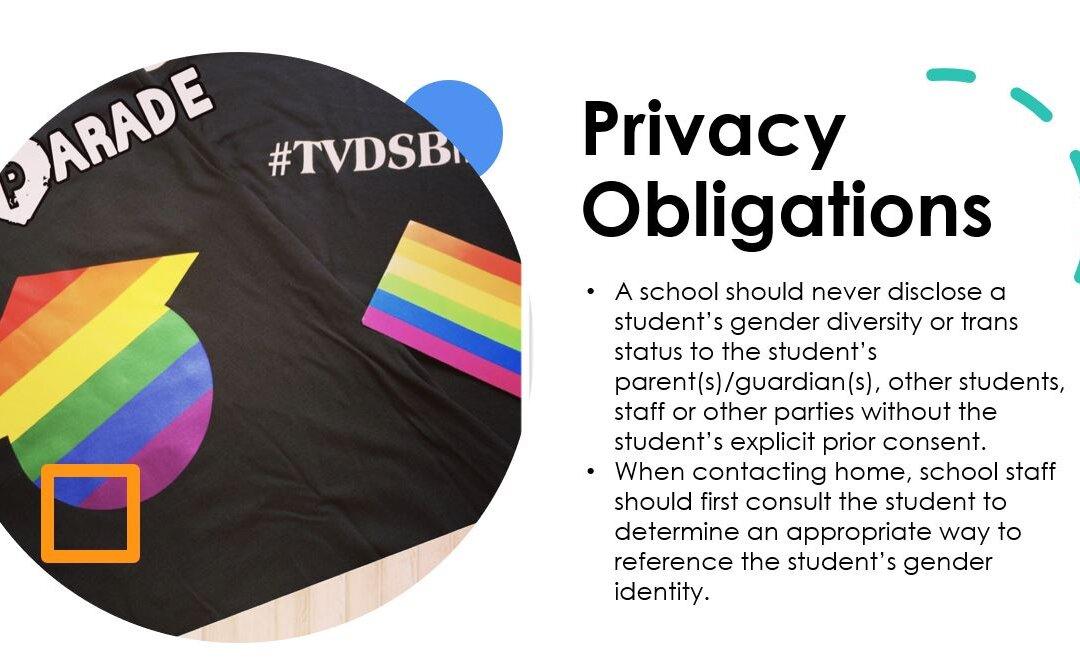Industry Minister François-Philippe Champagne has responded to a report by the Parliamentary Budget Officer that estimated it would take 20 years for the government to break even on its electric vehicle (EV) battery plant subsidies, by saying the long-term economic spinoffs of the deal would pay off.
“What the Parliamentary Budget Officer expressed today is that the investments we make will generate revenues in the coffer. The analysis that was done is that over 30 years you have to jump from $200 to $400 billion in economic impact to Canada. That’s money we can reinvest,” Mr. Champagne told reporters Sept. 12, the same day the PBO’s report was released.




